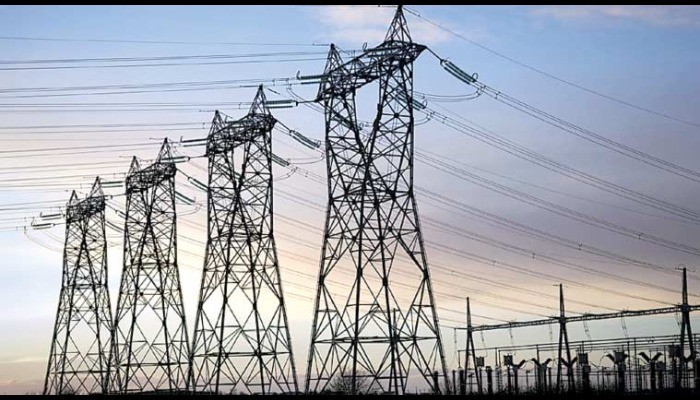The Senate on Thursday voiced its dissatisfaction with the performance of Nigeria’s electricity Distribution Companies (Discos) and the Transmission Company of Nigeria (TCN) since the privatisation of the power sector.
The upper chamber labelled the privatisation of the power sector a failure and threatened to introduce legislative measures to reverse the policy.
This came to light when the Chairman of the Senate Committee on Power, Senator Eyinnaya Abaribe, presented his report for consideration.
During the debate, Abaribe noted that the Discos have largely failed to provide reliable electricity to Nigerians, raising concerns about the effectiveness of the 2013 privatisation programme, which sought to enhance power supply through private sector participation.
Financial Losses and Grid Collapse
In his report, Abaribe underscored the financial toll of grid collapses, revealing that restarting a power plant costs approximately $7.5 million. With three plants in operation, the total cost per grid collapse amounts to $25 million.
The Senate engaged in a heated debate over the persistent grid failures and inefficiencies in the power sector, with senators expressing frustration at the state of electricity distribution and the shortcomings of privatisation policies.
Senate Leadership and Members’ Criticism
Senate President Godswill Akpabio criticised the privatisation process, questioning its effectiveness. He remarked on the inability of Discos to meet consumer demands, which has resulted in declining service quality.
“Why do governors and individuals have to purchase transformers, hand them over to Discos, and still pay for installation?” Akpabio queried.
Other lawmakers, such as Osita Izunaso, suggested declaring a state of emergency in the power sector, arguing that the current inefficiencies are unacceptable.
Adams Oshiomhole expressed regret for his earlier support of privatisation, describing the process as “poorly conceived and poorly executed.” He lamented that consumers are forced to pay for services not provided.
Next Steps
The motion was eventually withdrawn to allow for actionable and comprehensive recommendations.
The Senate resolved to broaden its investigation to include:
- Probing the funds injected into the power sector over the past 10–20 years to assess their utilisation.
- Reviewing the reasons behind Discos’ underperformance and failure to meet consumer obligations.
- Examining the frequent grid collapses.
- Considering the revocation of laws underpinning the privatisation of the power sector.
The Senate Committee on Power was given six weeks to develop improved recommendations addressing the dysfunctionality of Discos and the TCN.


